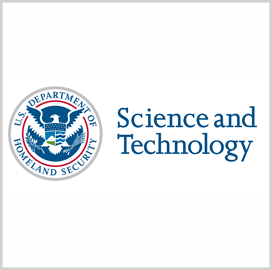The Department of Homeland Security Science and Technology Directorate has launched the third track of its technology challenge that aims to demonstrate remote identity validation and authentication platforms for combatting identity fraud.
Track 3 of the Remote Identity Validation Technology Demonstration, or RIVTD, will focus on remote identity validation systems designed to differentiate between bonafide and unauthorized users, DHS S&T said Tuesday.
The first track of the challenge focused on identity document authentication while the second round centered on facial recognition software to detect fraud through ID and selfie photo comparison.
“The emergence of new, powerful, widely accessible technologies underscores the importance of facilitating the development and evaluation of tools to combat fraud,” said Arun Vemury, senior engineering adviser for identity technologies at DHS S&T.
The directorate partnered with the Transportation Security Administration, the Homeland Security Investigations Forensic Laboratory and the National Institute of Standards and Technology on the new RIVTD round.
“TSA is excited to continue partnering with S&T in this area and completing an independent assessment in the future that provides an objective baseline of performance across the vendor community,” said Jason Lim, identity capability manager at TSA.





